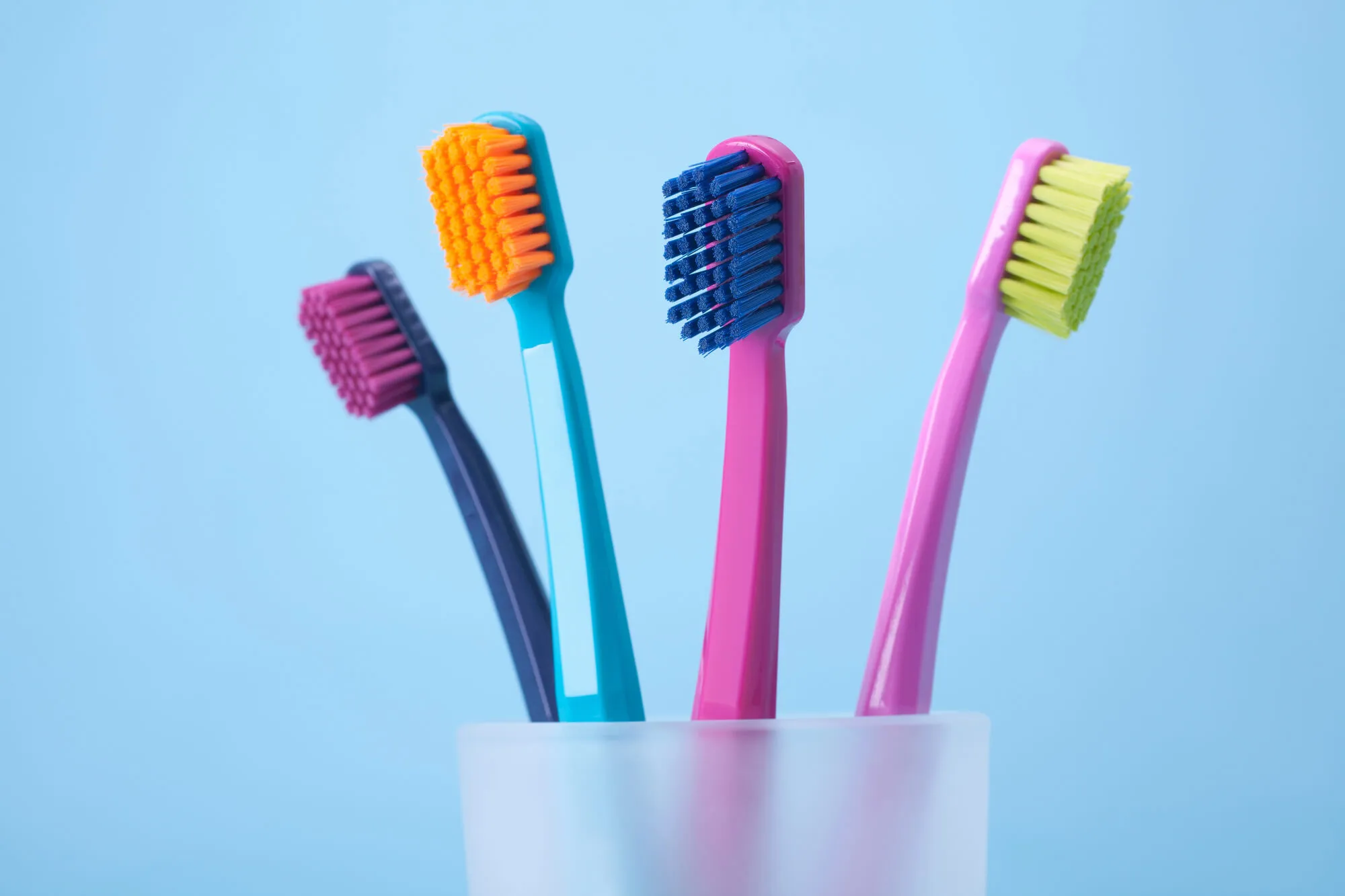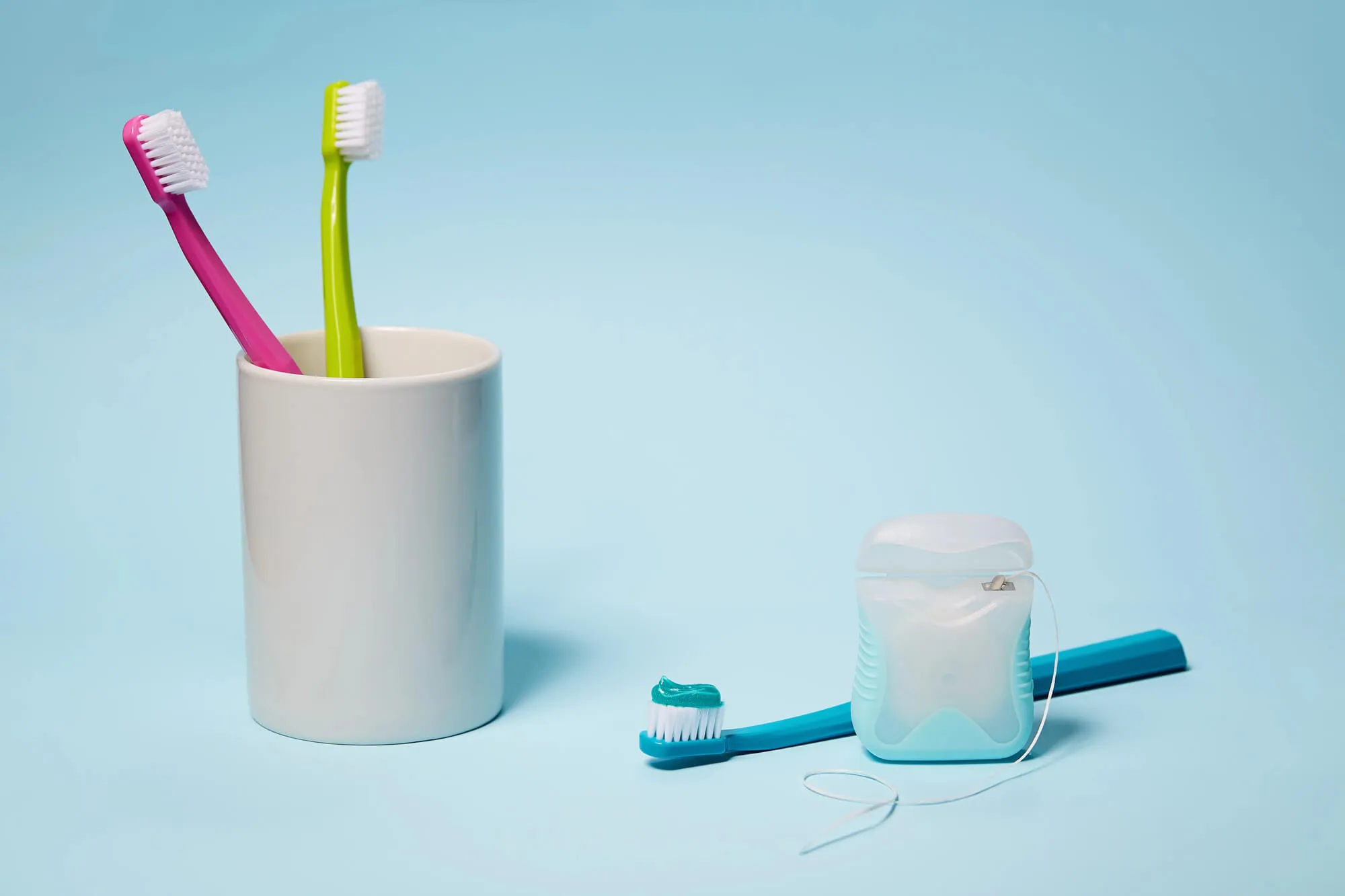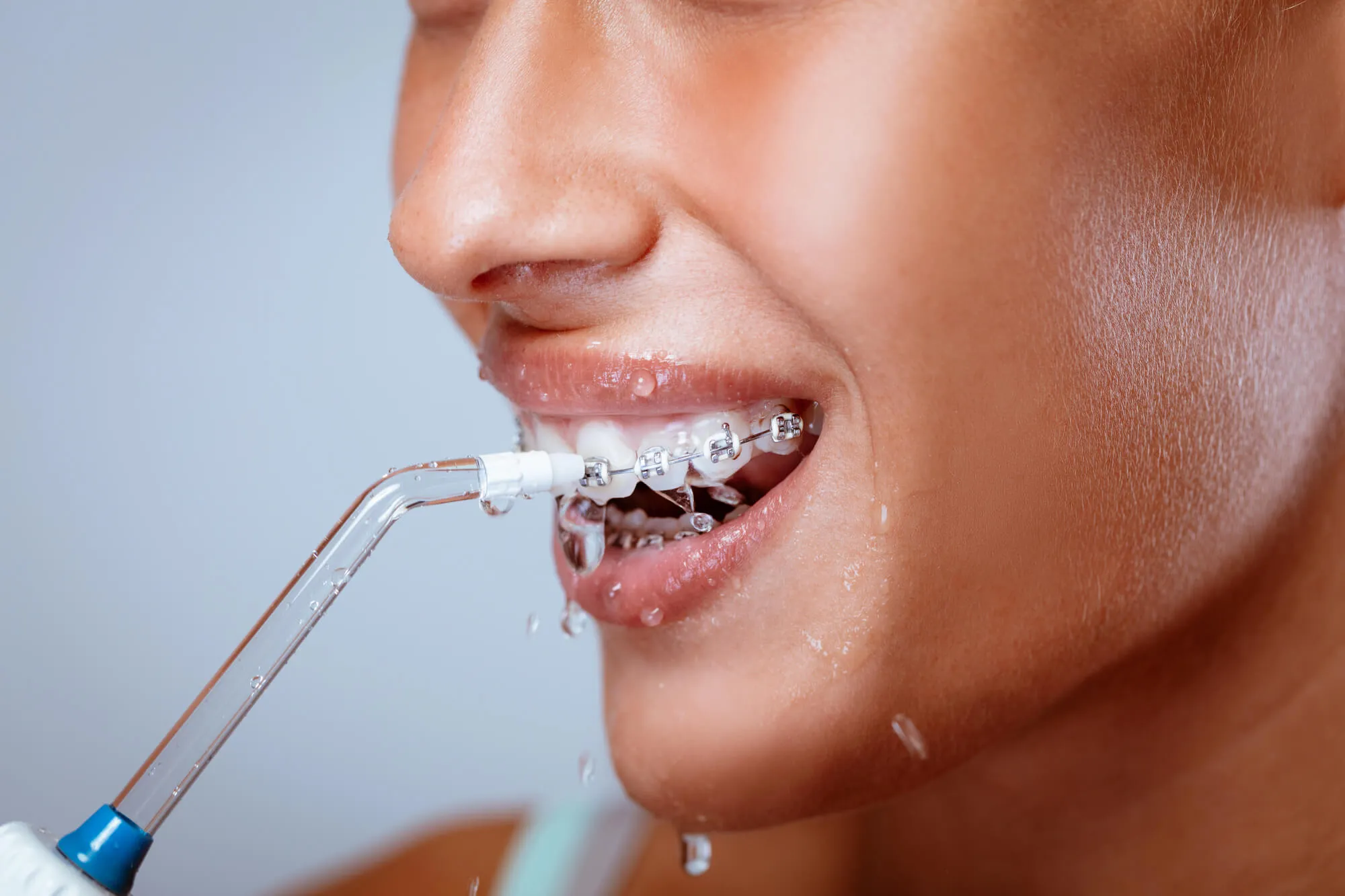
Standing in the toothbrush aisle or browsing online, you’re faced with rows of options—some with rotating heads, timers, and rechargeable batteries, others simple and familiar. So which one should you pick? That’s a common question during checkups, especially for those trying to improve their brushing habits. If you're looking for advice from a dentist in Candler, NC, here’s what to consider when choosing between a manual and an electric toothbrush.

What Your Dentist Wants You to Know About Brushing Tools
The goal of brushing is the same no matter the tool: to remove plaque, prevent decay, and keep gums healthy. But how you get there can vary depending on what you use, how often you brush, and your technique. Both manual and electric toothbrushes can do the job, but one may suit your needs better than the other.
How Manual Toothbrushes Measure Up
Simple and effective
A good-quality manual toothbrush, used with proper technique, can clean your teeth just as well as an electric one. The key is brushing for a full two minutes, reaching all surfaces, and using gentle pressure.
Affordable and accessible
Manual brushes are easy to find, budget-friendly, and don’t require charging. They’re a solid option for everyday use, travel, or backup brushing.
Downside: Technique matters
Manual brushing depends heavily on the user’s consistency. If you brush too quickly or skip hard-to-reach areas, plaque can build up over time. That’s where electric options have an edge.
What Makes Electric Toothbrushes Worth Considering
Built-in support for better brushing
Electric toothbrushes often have timers, pressure sensors, and oscillating heads—all features designed to improve brushing habits. The movement of the bristles helps reduce plaque more efficiently, especially around the gumline.
Helpful for people with limited mobility
Electric brushes are ideal for those with arthritis, wrist issues, or braces. The motorized head does most of the work, making it easier to maintain good oral hygiene with less effort.
Better plaque removal in some cases
Studies have shown that certain electric toothbrushes remove more plaque than manual brushing alone. The upgrade can make a noticeable difference for people prone to gum inflammation or who miss spots while brushing.
Downside: Cost and maintenance
Electric models tend to be more expensive, and they require charging and regular replacement heads. It’s also important to choose a trusted brand with soft bristles to avoid damaging your enamel or gums.
So… Which One Should You Use?
It depends on your habits, needs, and preferences. If you’re brushing well and consistently with a manual toothbrush, there’s no need to switch. But if you struggle with technique, have sensitive gums, or wear orthodontic appliances, an electric toothbrush could offer better support.
No matter which you choose, the most important factors are brushing twice daily, using fluoride toothpaste, and replacing your brush (or brush head) every three months. Your dental care routine at home is your first line of defense against decay and gum disease—make sure it’s working for you.

Talk to Our Dentist in Candler, NC, About What Works for You
Choosing between manual and electric isn’t a one-size-fits-all decision. If you’re unsure what’s best for your oral health, talk to our dentist. At Cataloochee Dental Group, we’ll walk you through the pros and cons based on your specific needs, habits, and smile goals.
Whether you're keeping things simple or considering an upgrade, we’re here to help you build a brushing routine that works. Schedule your next visit today and let’s keep your smile healthy, no matter what brush you use.

